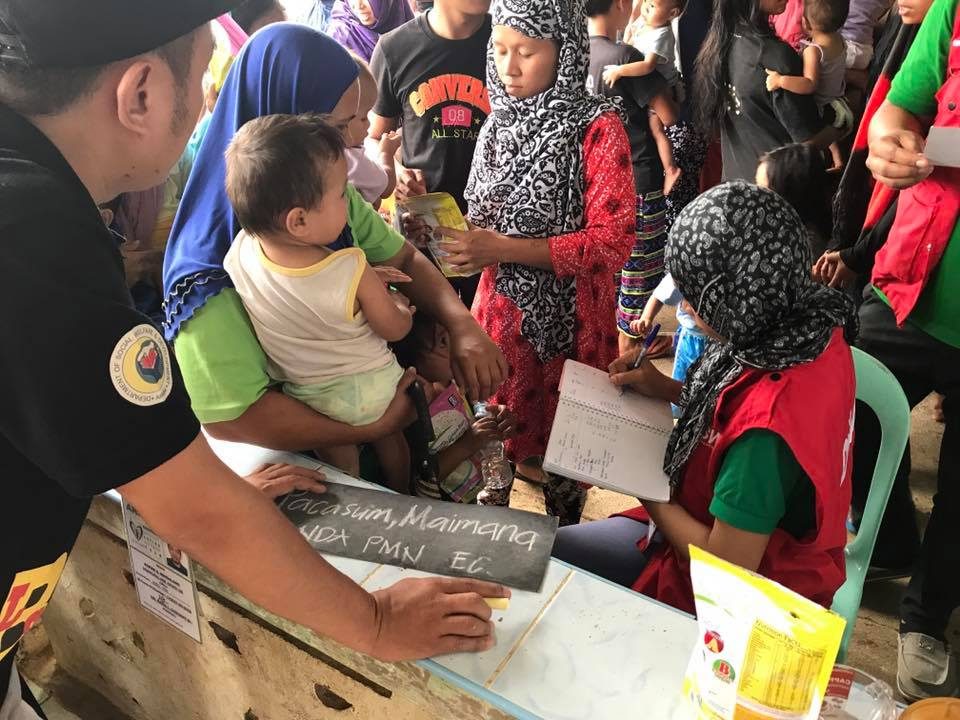SUMMARY
This is AI generated summarization, which may have errors. For context, always refer to the full article.

MANILA, Philippines – Budget allocation for the nutrition program intended for children in the Bangsamoro areas have been doubled in 2018.
Under the Department of Social Welfare and Development’s (DSWD) proposed 2018 budget, P156 million will be provided to their Bangsamoro Umpungan sa Nutrisyon (Bangun) program.
The program is a response to President Rodrigo Duterte’s directive last year to give attention to the nutrition needs of the children living in areas covered by the Autonomous Region of Muslim Mindanao (ARMM). (READ: Development under Duterte: Why he can’t fail Mindanao’s youth)
“We want to respond to the Moro children [who], for a long, long time, were not included in the regular feeding program of the DSWD,” Director Maris Abenojar told Rappler in an interview.
She explained that DSWD’s supplemental feeding program was implemented through day care centers. Since Moro kids are studying in madrasa schools, these programs usually do not reach them. (READ: 1 in 3 Filipino kids still malnourished, stunted – study)
Currently, the program covers 6,810 2- to 5-year-old children in their pilot areas in Sulu and Maguindanao.
Each child will be fed with one hot meal per day for 120 days starting end of August this year. For 2018, they plan to scale up the project to expand to other areas to give two hot meals per day to 7,000 children.
According to Abenojar, allocation for 2018 will be the first time the budget will be specific for their program. Their working budget of P36 million this year is just a balance of the 2016 financing for DSWD’s supplemental feeding program, which covers all children nationwide.
Sustainability
The program will be done in coordination with the National Nutrition Council, the Department of Interior and Local Government, and the Department of Science and Technology (DOST).
While it will not ultimately reduce malnutrition rates in the region, the program seeks to improve the weight and health of the kids in these areas who are subject to extreme poverty and conflict situations.
Part of the initiative is to engage parents and teach them about proper nutrition and give them livelihood assistance. They will also link the parents to the Department of Ariculture so they can participate in activities such as backyard vegetable farming.
The DSWD will also work with local government units to help them craft policies that prioritize nutrition. Abenojar said that in Maguindanao, for example, a mayor has already launched the a “war against malnutrition”. (READ: Malabon winning the battle against malnutrition)
“With this type of advocacy, they will not be dependent on food packs or other dole out assistance. They wull also be proactive at their level of governance to prioritize the children’s health and nutrition,” she said. – Rappler.com
Add a comment
How does this make you feel?
There are no comments yet. Add your comment to start the conversation.